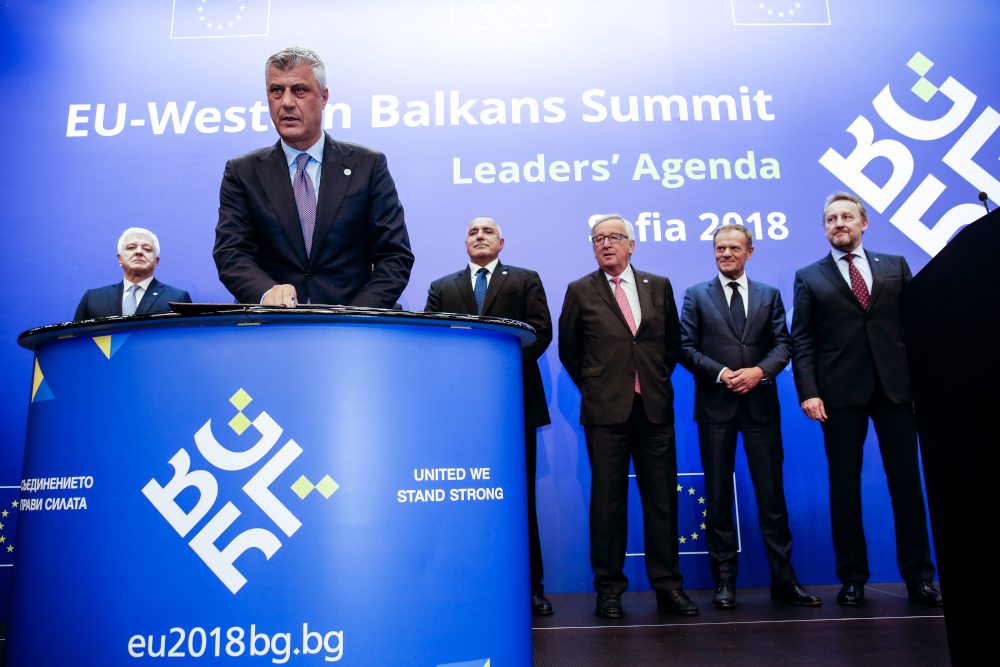
Western Balkans between China, Russia, EU and Turkey
The region of the Western Balkans comprises the countries of the Balkan Peninsula that found themselves surrounded by the EU Member States after the accession of Hungary and Slovenia (2004), Bulgaria and Romania (2007), and Croatia (2013) to the European structures. Outside the EU structures are Albania, Bosnia and Herzegovina, Former Yugoslav Republic of Macedonia (FYROM), Montenegro, Serbia, and Kosovo.
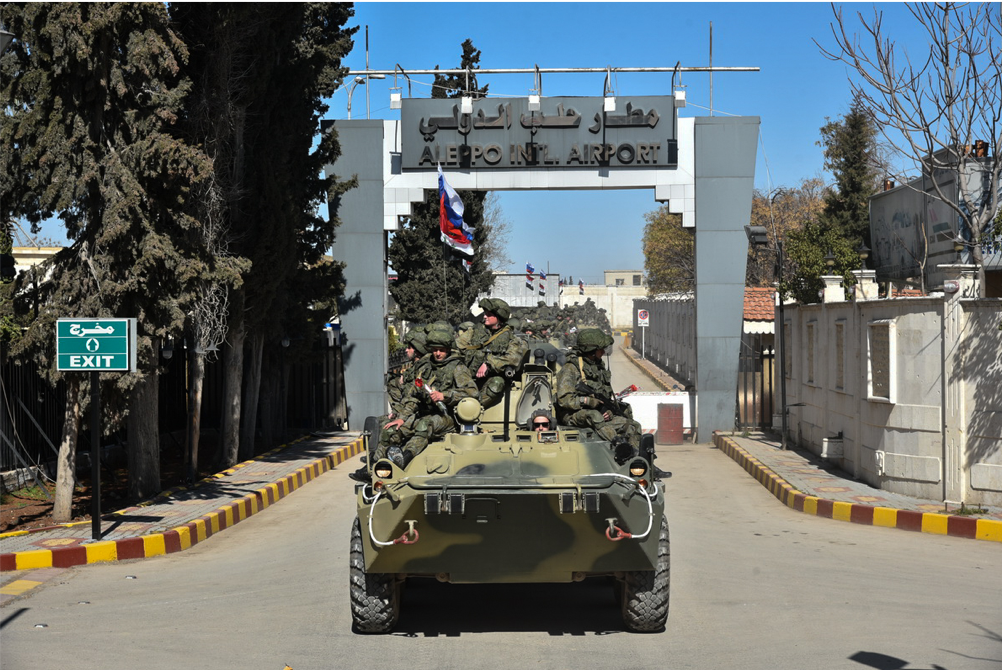
Russia Falls in a Syrian Trap
Three years past the military operation in Syria, Russia managed to achieve its goal, saving the regime of its ally, President Bashar al-Assad. Nonetheless, it failed to restore control over the entire territory of the country – or at least its most important regions. The state’s main sources of income (including gas and oil) are currently occupied by Kurds who enjoy support of the United States.
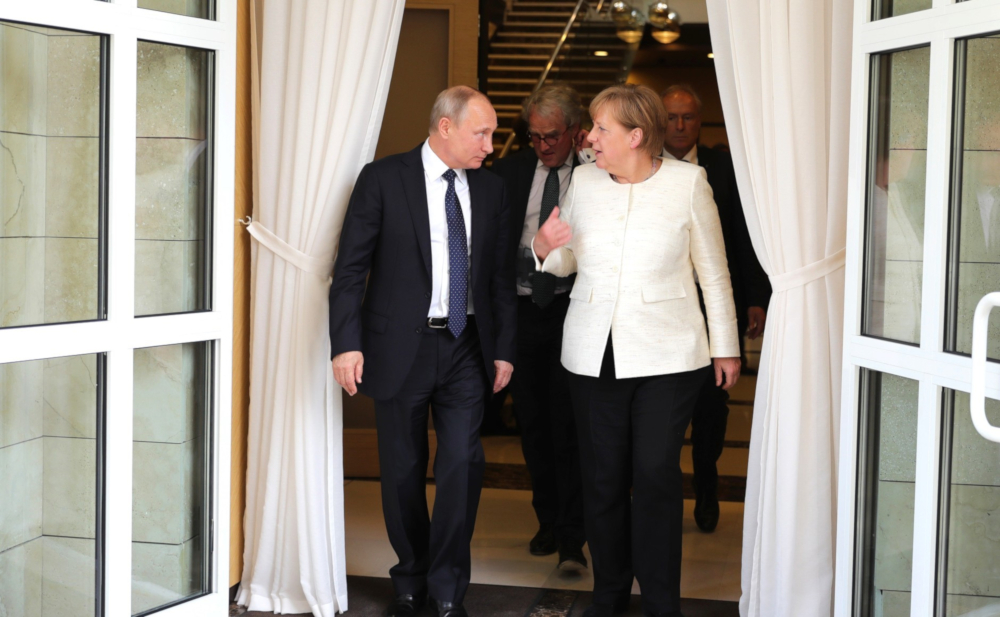
German-Russian Rapprochement: Gas and Common Enemies
Over recent months, Germany has been systematically striving for better relations with Russia while its alliance with the United States seems to have plunged into a crisis. Nonetheless, such state of matters can be neither referred to as temporary nor related to the Trump administration. Instead, the ongoing changes are of lasting character and stem from a series of conditions being independent from political decision of the incumbent.
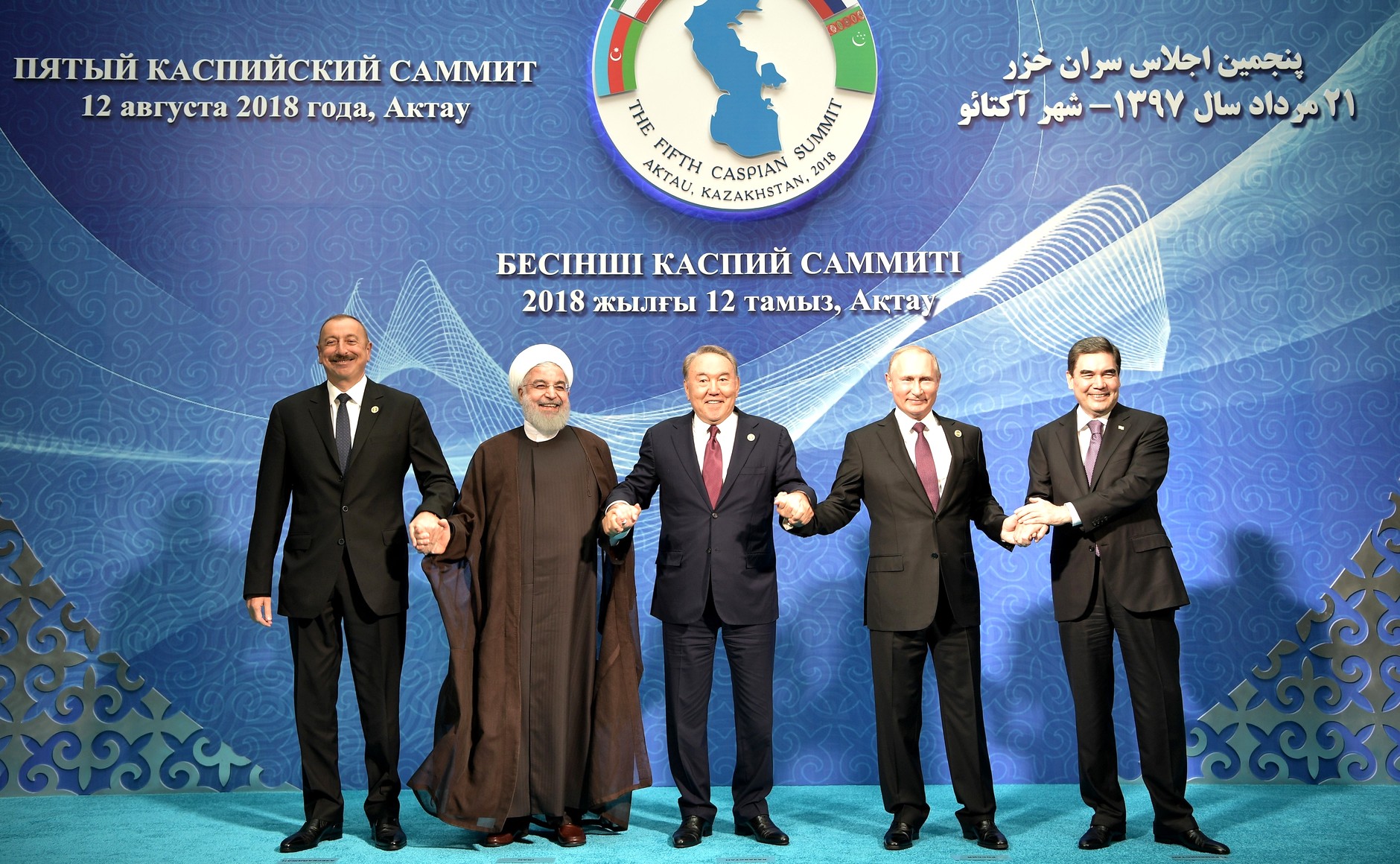
Caspian Summit: Consequences for the Region
Five Caspian states – Russia, Iran, Azerbaijan, Kazakhstan, and Turkmenistan – have adopted a convention on the legal status of the Caspian Sea. The deal officially ended a 22-year-old impasse as all interested countries finally managed to reach a consensus. Nevertheless, the document has yet to be ratified and it does not fully resolve disputes over the division of the reservoir.

Putin’s Helsinki: Tactical Success, Strategic Failure
The Helsinki summit between Presidents Donald Trump and Vladimir Putin did not bring any breakthrough in relations between the two countries as the diplomatic crisis has only deepened since that time. As a result, no sanctions against Russia may be lifted nor restricted while it is not certain whether any further restrictions will be introduced in the near future.

Frozen partnership: Georgia-NATO Relations After the Brussels Summit
The recent NATO summit in Brussels once again confirmed the validity of the declaration of Georgia’s imminent membership within the structures of the Alliance that had been submitted in Bucharest in 2008. Nonetheless, it has not been specified when such an event would possibly take place.
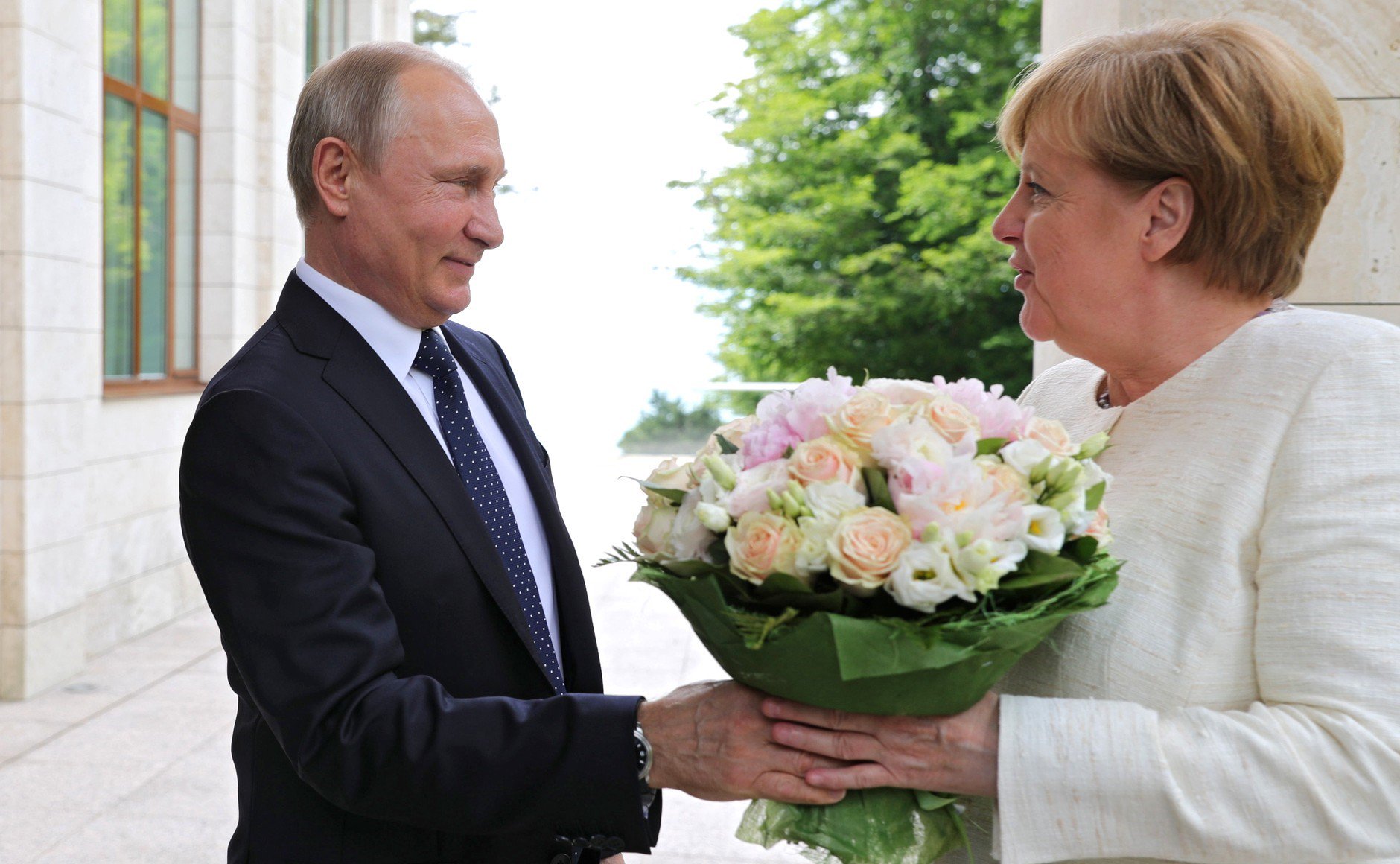
Putin Tempts Europe with a New “reset” Policy
Thanks to such moves as simulating reforms in the country and promising his Western partners to improve diplomatic relations, Vladimir Putin clearly wants to gain time as he has currently no other choice due to Russia’s poor economic situation and apparent lack of success on the international arena.
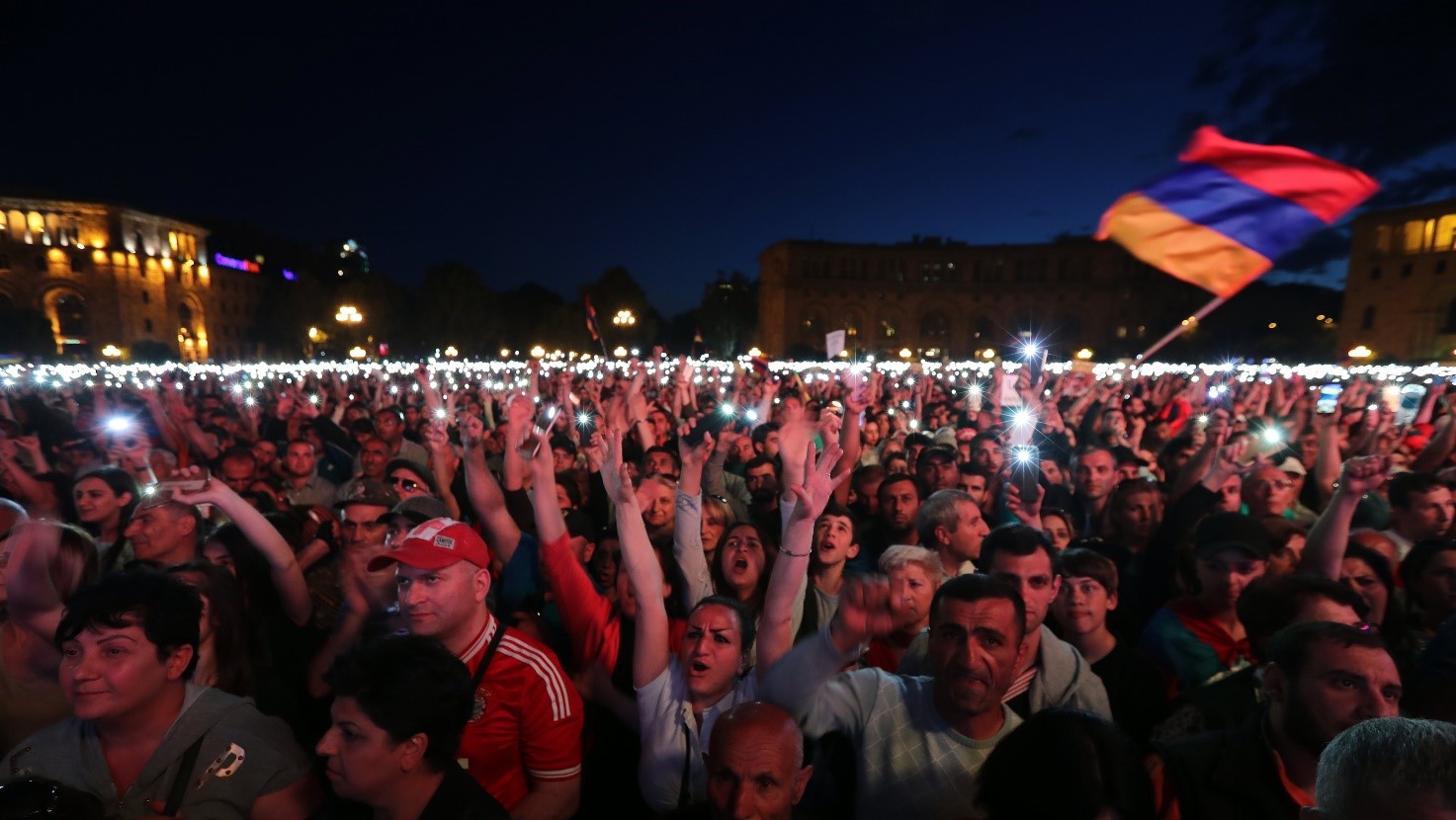
Armenia: Change of Power
Armenia’s new government was formed by Nikol Pashinyan, the leader of the April protests that had eventually led to the change of power in the country. For his cabinet, he has appointed ministers of foreign affairs and national defense, both of them being experienced specialists; such a decision should foster non-revolutionary politics in these domains.
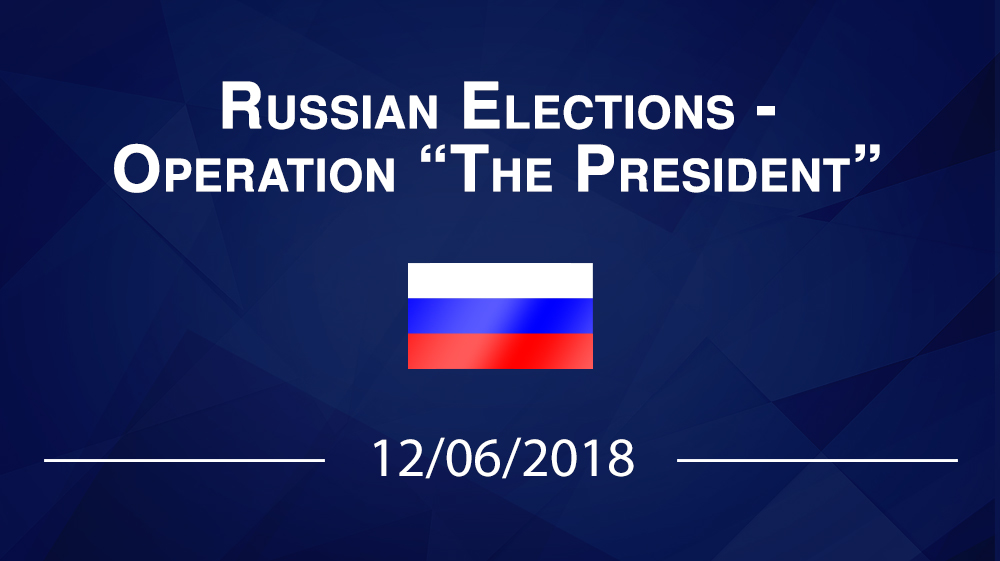
Operation „The President”
In the presidential election in Russia on March 18, 2018, won Vladimir Vladimirovich Putin (Russian: Vladimir Владимирович Путин), which was announced by the Central Election Commission of the Russian Federation. The most intriguing word in this announcement is “election”. Did presidential election really take place in Russia?
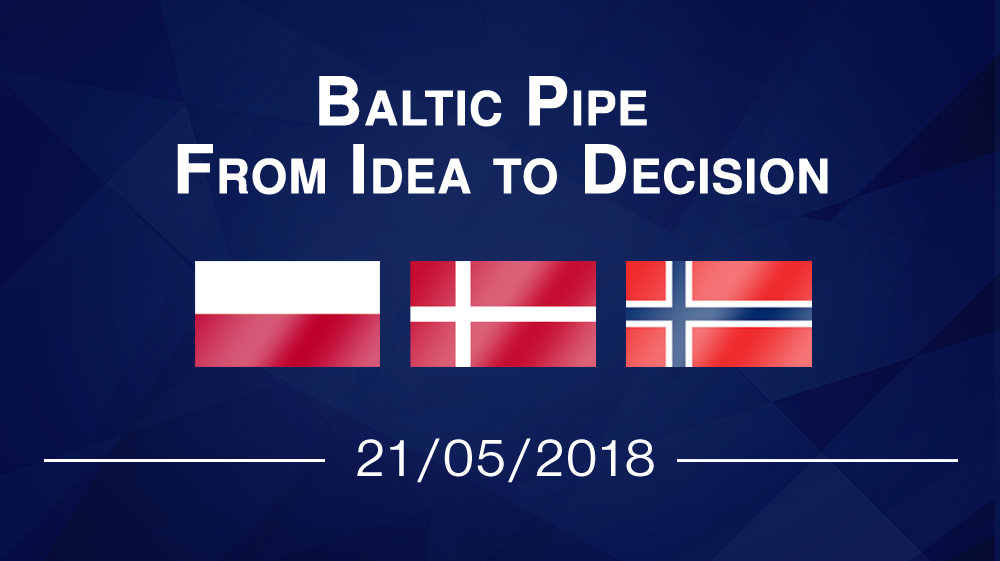
Baltic Pipe – From Idea to Decision
A year ago, only a few people knew about the Baltic Pipe project, a pipeline that is supposed to constitute the gas connection between Poland and gas fields on the Norwegian continental shelf. In addition, the gas interconnector project was then in its concept phase.
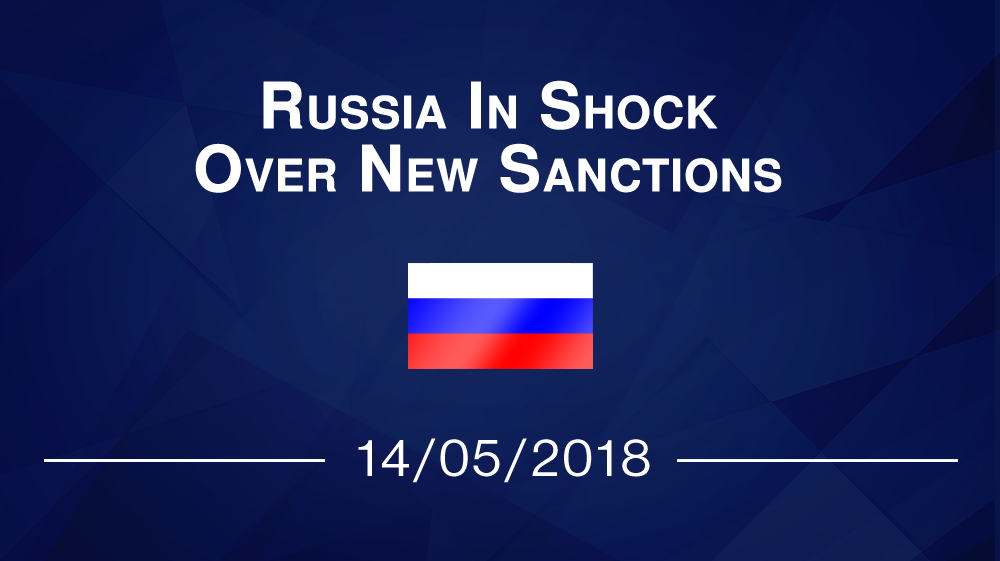
Russia In Shock Over New Sanctions
The sanctions imposed on April 6 by the United States on Russian citizens and entities proved to be a much stronger shock to the Russian economy than any other previous restrictions, starting from 2014.

Legitimacy for post-Crimea political order. Russian presidential elections
The 2018 Russian presidential elections were in fact a referendum on the political course launched by Vladimir Putin in 2014. It should not come as a surprise that the event had been scheduled for 18 March, which symbolically marked the fourth anniversary of Russia’s annexation of Crimea.

Poles and Jews in the struggle for independence, 1918 – 1948
The partition of the Polish state in 1795 by the three powers neighboring Poland: Russia, Prussia and Austria, was a tragic turning point in Polish history. The Polish nation never reconciled itself to the loss of its statehood. Throughout the entire 19th century, the Polish Nation tried fighting to recover their lost independence.
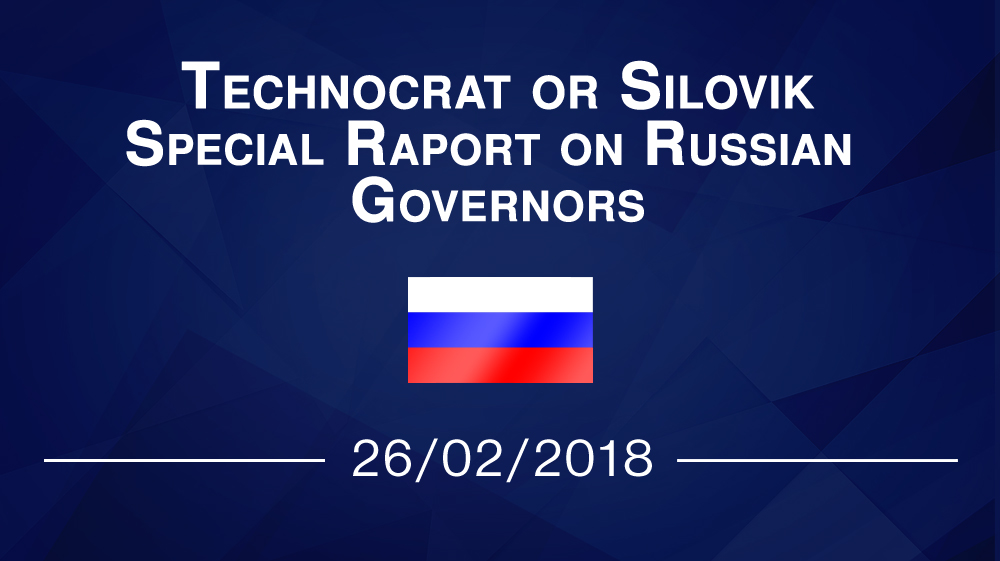
Technocrat or silovik
The large-scale personnel changes in the Russian Federation indicates that such a situation is not only due to the pre-election campaign as loyal and efficient people are needed in order to ensure the proper result of the vote. It constitutes an element of a new role of the regions in the Putin regime, which may be associated with the start of his new presidential term.
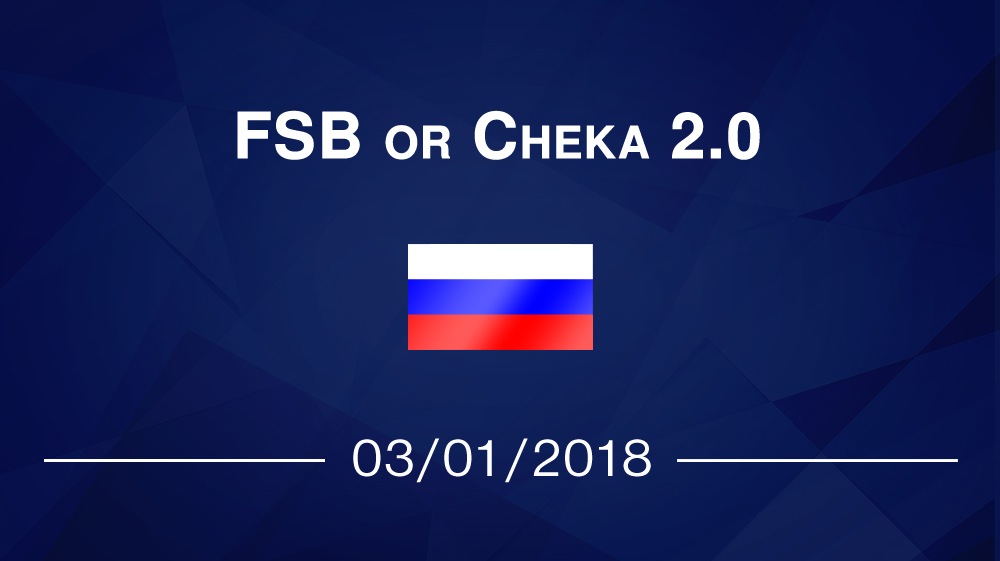
FSB or Cheka 2.0
The Federal Security Service remains the most important part of the repressive apparatus of the Vladimir Putin regime and the main successor of the Chekist tradition. However, it has recently had to face the National Guard, its most dangerous rival. Competition with this relatively new security institution as well as the internal changes in Lubyanka Square will determine the near future of the FSB.
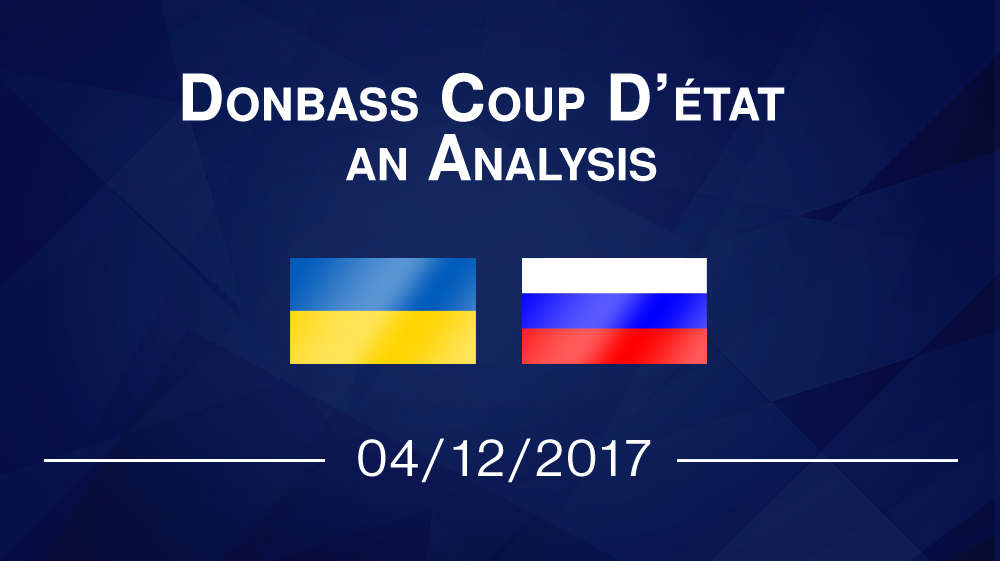
Donbass Coup D’état – an Analysis
A coup d’état took place in Luhansk area of the occupied region of Donbass at the end of November. As a result, Igor Plotnitsky was replaced by Leonid Pasechnik. Such a change constitutes the victory of the FSB and, at the same time, the defeat of Vladislav Surkov along with the allied GRU forces.
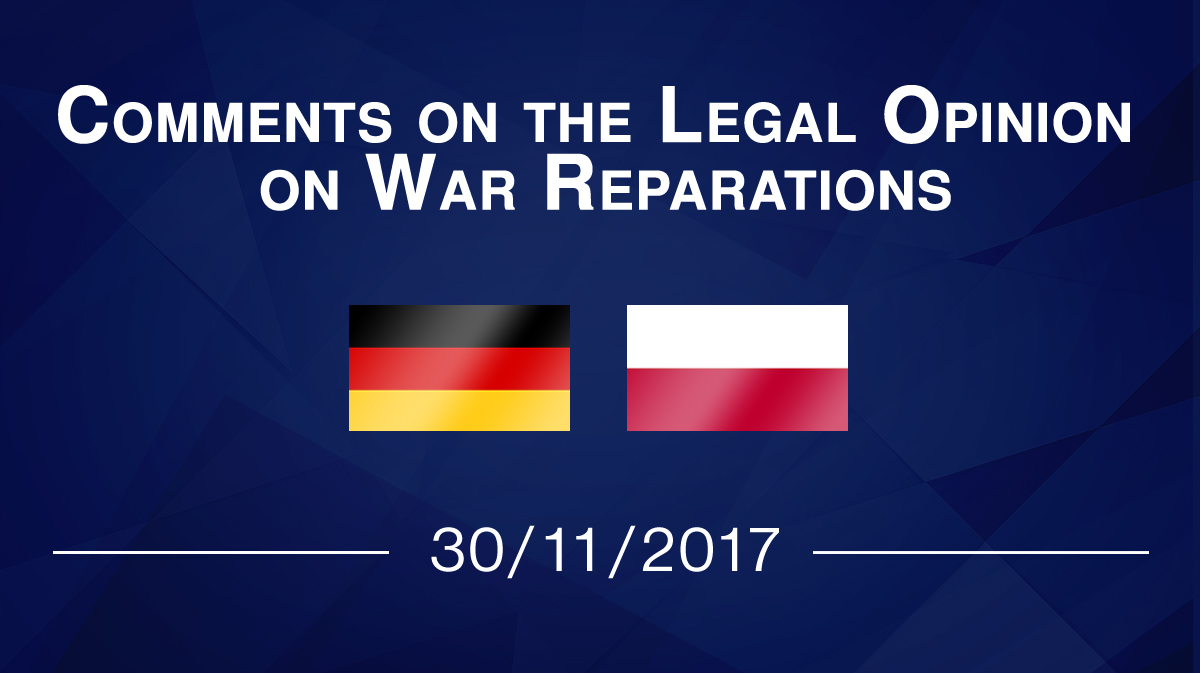
Comments on the Legal Opinion on War Reparations
Comments on the “Legal opinion of the Sejm Bureau of Research of The Chancellery of the Sejm on Poland seeking compensation from Germany in connection with international agreements for damage suffered during World War II” prepared by Robert Jastrzębski, with a summary of the most important theses of the opinion.
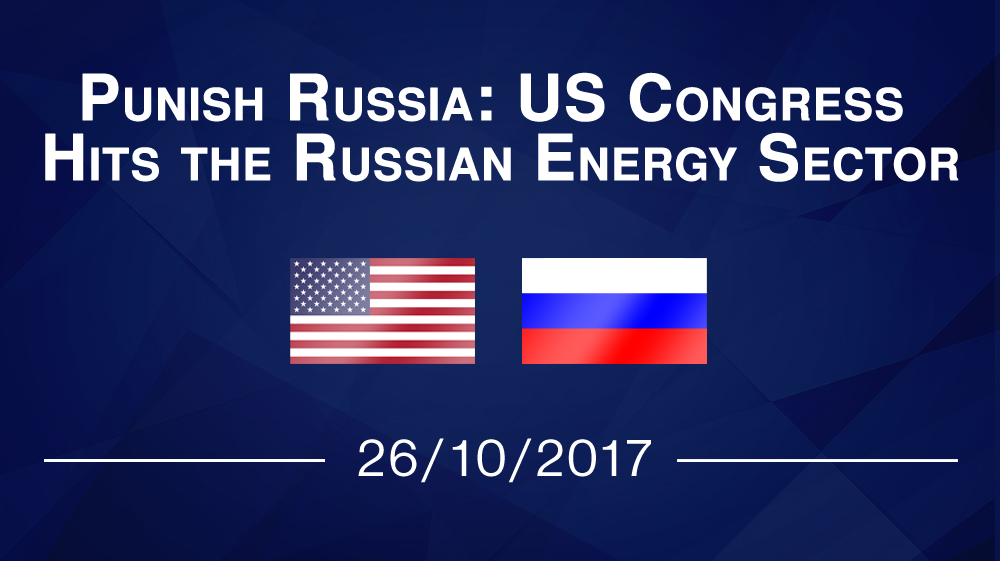
Punish Russia: US Congress Hits the Russian Energy Sector
The Countering America’s Adversaries Through Sanctions Act (CAATS), which was adopted with near unanimous support from both chambers of the US Congress (98-2 in Senate; and 419-3 in the House of Representatives), imposes significant new sanctions upon Russia.
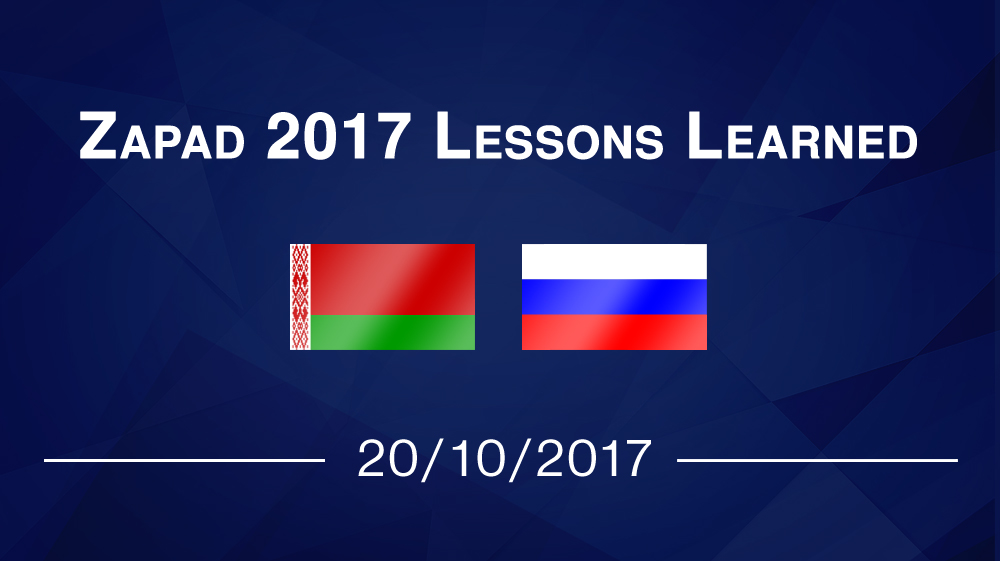
Zapad 2017 Lessons Learned
The course of the joint Russian-Belarussian strategic exercises Zapad 2017 confirmed the forecasts of the Warsaw Institute analysts presented in the report of September 13.

A New Approach to Companies with State Treasury Shareholding
Liquidating the Ministry of Treasury symbolically ends a stage of Poland’s transformation period and allows a redefining of the role and meaning of companies with State Treasury shareholding in the Polish economy.
















